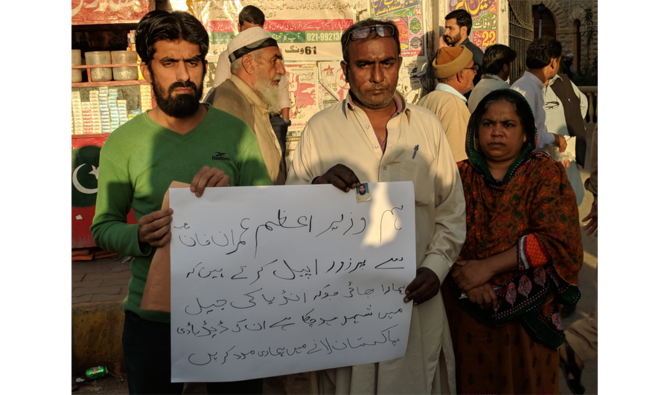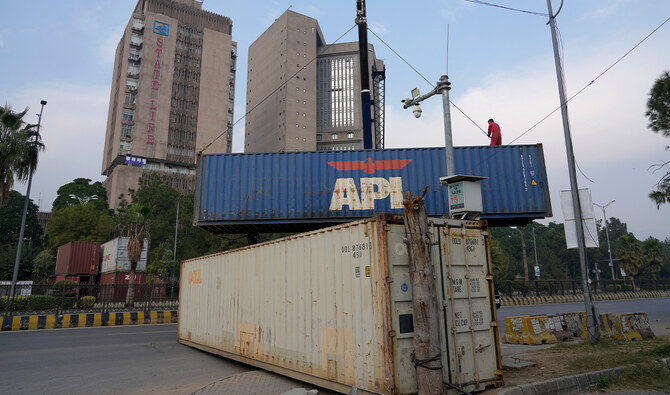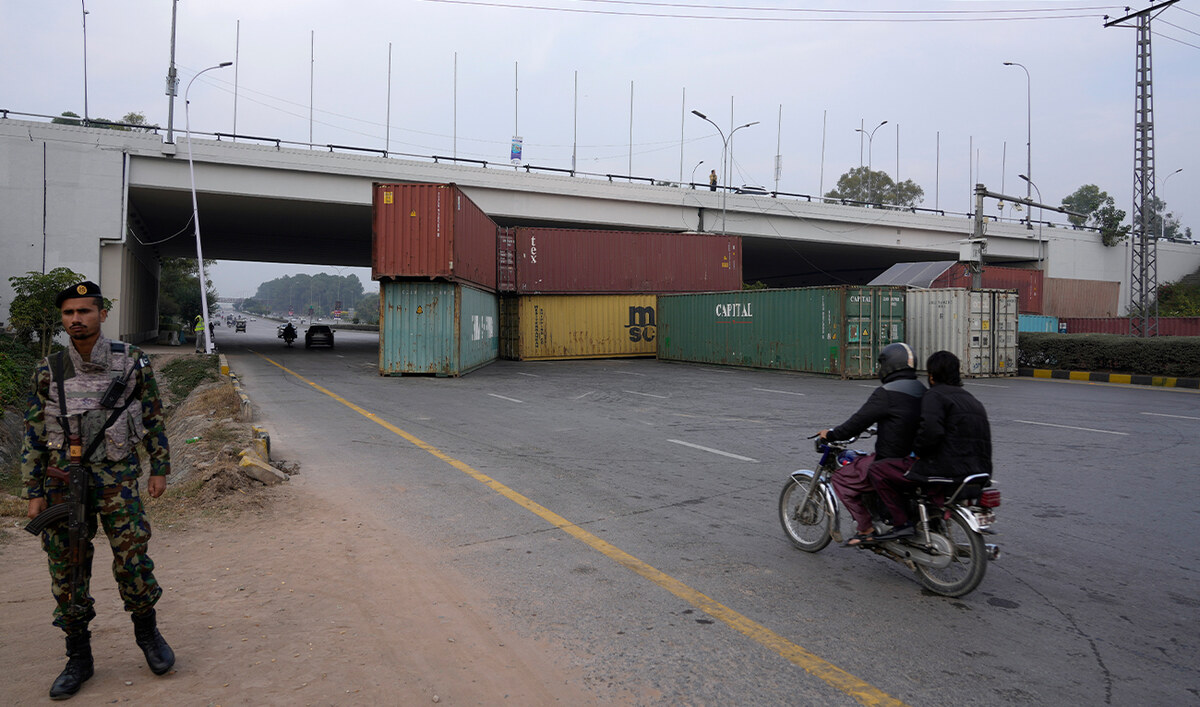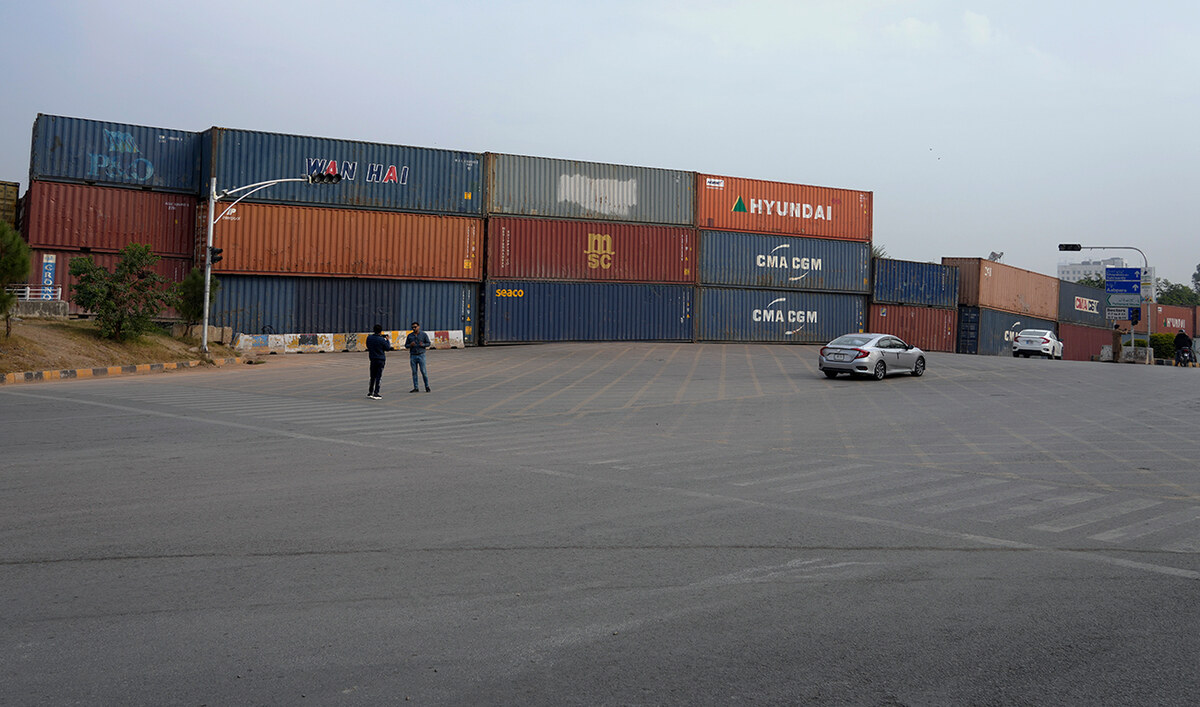KARACHI: The brother of a Pakistani prisoner killed this week in a jail in neighbouring India said on Friday the family had appealed to Pope Francis to help bring the killers of their brother to justice.
Pakistan’s foreign office said Pakistani inmate Shakirullah, 47, had died at the Jaipur Central Jail on Wednesday after a “scuffle” with Indian inmates.
The news of his death comes amid escalating tensions between arch-rivals Pakistan and India over a suicide bombing last week in the disputed Kashmir region in which at least 40 Indian troopers were killed. Jaish-e-Muhammed, a group said to be based in Pakistan, accepted responsibility for the attack. India says the group has the Pakistani state’s backing but Islamabad denies any complicity.
Media carried varying reports of when Shakirullah was arrested and what he was charged with but his family said he had been missing since 2003 and was innocent. The Pakistani foreign office did not provide any details of India’s charges against Shakirullah. The BBC reported that he was believed to have been an operative of Lashkar-e-Taiba, the group India blames for attacks in Mumbai in 2008 in which 166 people perished.
“We appeal to the Pope to help us,” Shakirullah’s brother Shehzad Gulfam told Arab News. He also urged Pakistani Prime Minister Imran Khan to “take personal interest in getting us the dead body of our brother.”
Shakirullah’s family, from Jessarwala village on the outskirts of the central Pakistani city of Sialkot, belongs to the Christian minority faith. Shakirullah had converted to Islam, according to his brother, and his Christian name was Shakir Jalil.
Gulfam said Shakirullah had a history of mental illness and had disappeared once before as a child while the family was visiting relatives in Karachi. He had returned home but in 2003, he went missing again and the family did not know about his whereabouts until they learnt about his death through media reports.
Gulfam could not explain why the family had never filed a police report about their missing family member.
“We had no clue; I searched for him in all nearby villages but in vain,” Gulfam said. “But when I saw his photo on news channels, I came to know that he had actually crossed the border and was languishing in jail in India.”
He conjectured that Shakirullah might have travelled with friends to a shrine on the Pakistan-India border and “probably mistakenly crossed the border.”
There are an estimated 357 Pakistanis in Indian jails, according to a report submitted by the ministry for foreign affairs to the Pakistani Supreme Court last year. Many Pakistanis and Indians inadvertently cross the border each year and have to endure long ordeals in the absence of a mechanism aimed at ensuring their early return.
“We played together during our childhood, we grew up together and spent a long time together before he went missing sixteen years ago,” said Gulfam, who has since shifted with his family from Sialkot to the port city of Karachi. “I’m dead sure he cannot fight with anyone,” he added, referring to claims by Indian authorities that Shakirullah had been killed in a fight with inmates.
Instead, Gulfam said he was sure the killing was in “revenge” for last week’s suicide attack in disputed Kashmir which India has blamed on Pakistan.
Human rights activist Ansar Burney said his organization, the Ansar Burney Trust International, had sent letters to the governments of India and Pakistan to ensure that Shakirullah’s body was delivered to his relatives at the “earliest.”
“Whether it’s the result of scuffle or deliberate attack on the prisoner, it was responsibility of the authorities to protect the life of a prisoner,” Burney told Arab News. “The government of India shouldn’t only ensure earliest transfer of the dead body, take firm action against those involved in the murder but also pay compensation to the family of deceased.”
In his letter to the Indian government, Burney requested that “necessary directions may also be issued to facilitate the transportation of dead body of deceased Shakirullah back to Pakistan to be buried in his homeland at the hand of his family, for as soon as possible.”
Gulfam said no one from the Pakistan government had as yet contacted the family with information about his brother. “We only ask for his body to be returned,” he said, “He was like my son. I could not see him while he was alive; at least I should be allowed to see his dead body.”
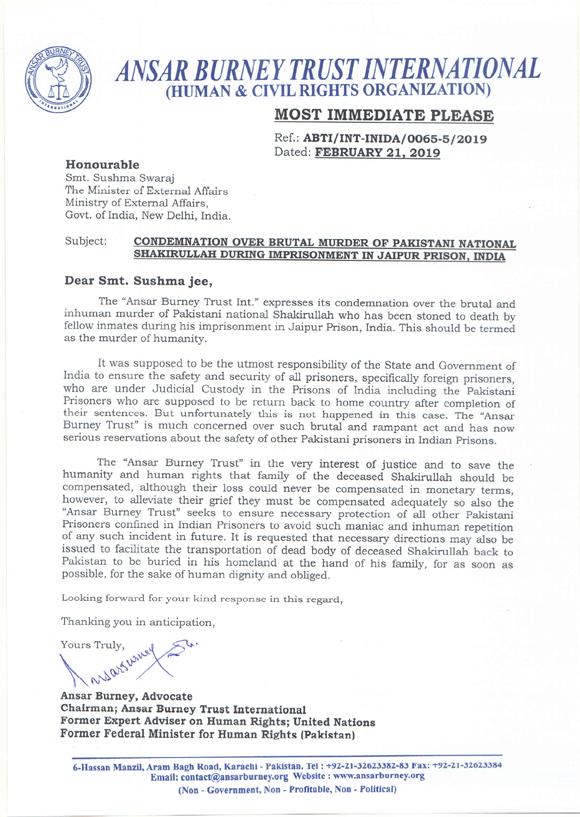
Ansar Burney trust’s letter to Indian Minister of External Affairs Sushma Swaraj
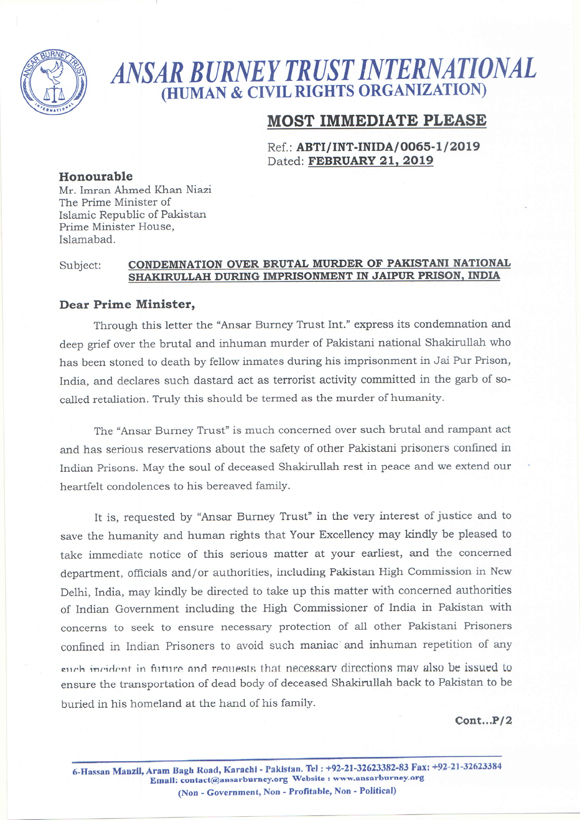
Ansar Burney trust’s letter to PM Imran Khan
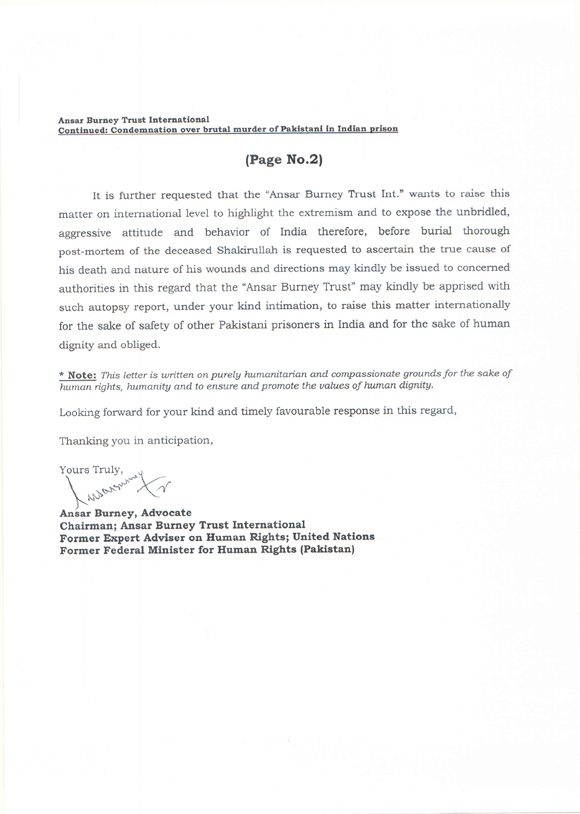
Ansar Burney trust’s letter to PM Imran Khan (Page 2)



